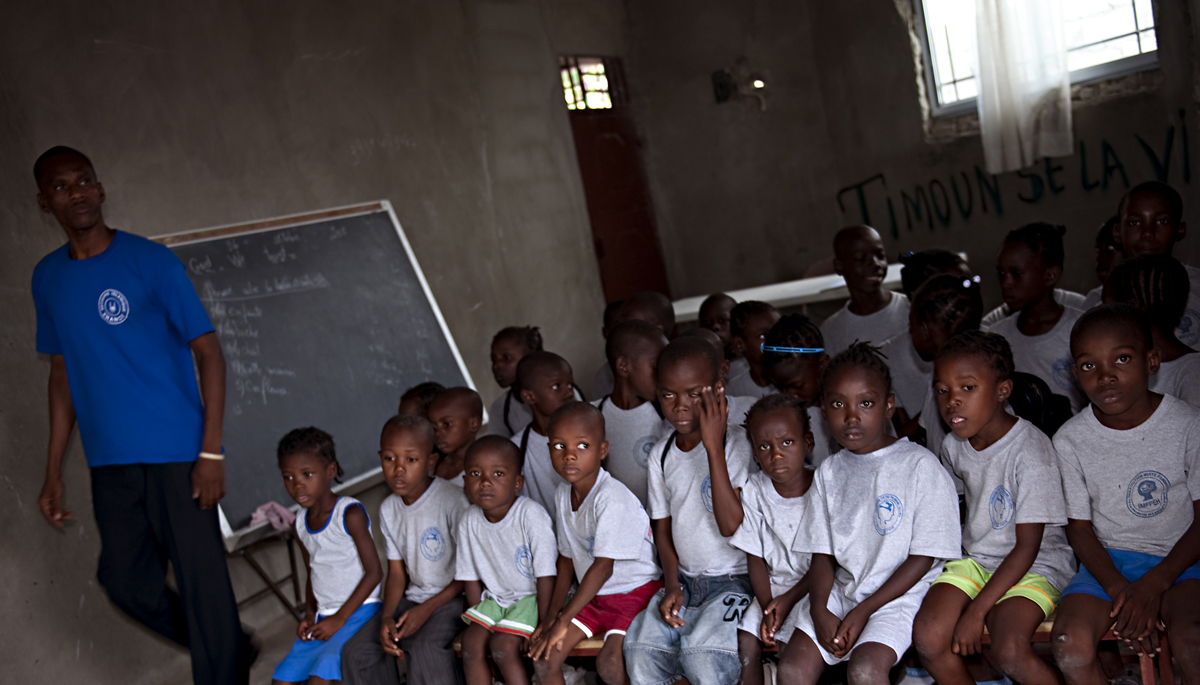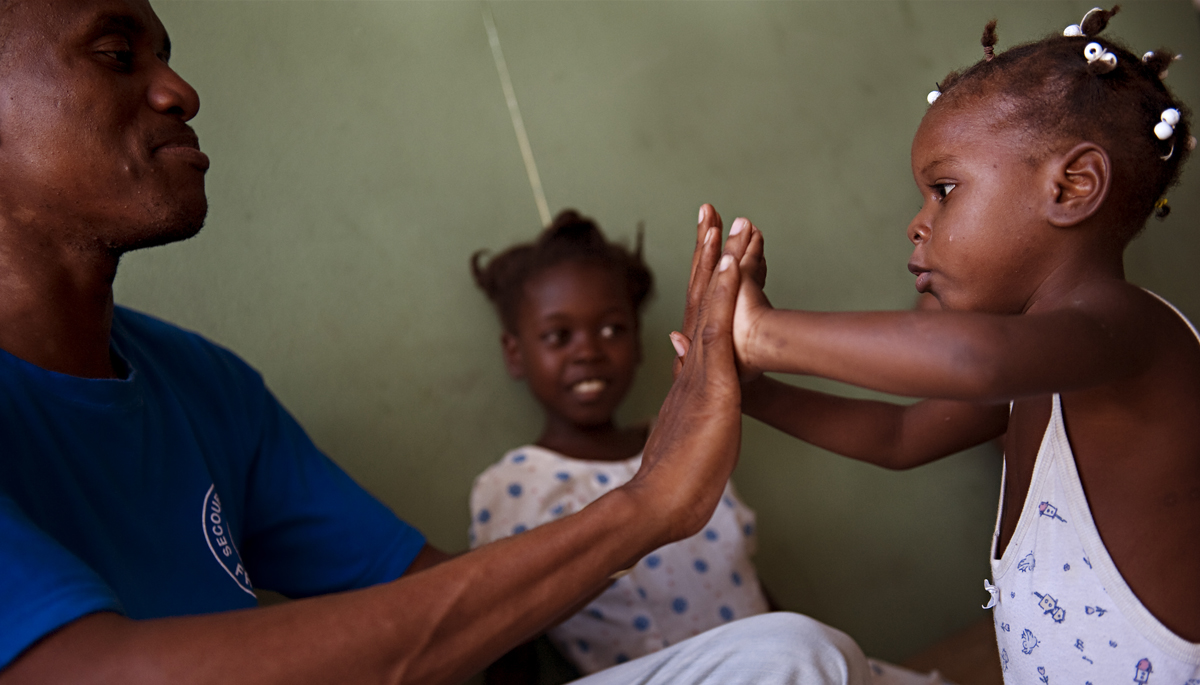Giving children the means to create a better future
“Humanity owes to the Child the best that it has to give”, affirmed Eglantyne Jebb in the Geneva Declaration of 1924, the first international text to recognise the special rights of children and the responsibility of adults to protect these rights. While the Declaration did not place legal obligations on States, it nevertheless was the first step towards the universal recognition of children’s rights. Sixty-five years later, on 20 November 1989, world leaders came together in the General Assembly of the United Nations and unanimously adopted the Convention of the Rights of the Child (CRC), which reaffirmed the specific and fundamental inherent rights required for the dignity and harmonious developm ent of each child.
Children need special attention, in terms of pedagogical instruction and protection from the many dangers of the world. Each child is, first and foremost, an individual person bearer of fundamental, inalienable human rights, in addition to the specific rights to which he/she is entitled as a child. Despite commitments made, however, these rights are not always respected: abandoned, displaced, out of school or neglected, many children around the world live in degrading conditions not supportive of their survival and full development. Almost 1 billion children live in poverty and 90 million suffer from serious nutritional deficiencies; more than 1 billion suffer from at least one form of serious deprivation1 harsh facts, which make action necessary.

Accompanying and protecting vulnerable children around the world
All of Secours Islamique France (SIF) actions are based on the principle that helping younger people to grow up in decent conditions will promote a process of sustainable social development
In the Occupied Palestinian Territory specifically in the West Bank, our teams work each day to ensure the wellbeing of vulnerable children. Through his programme of global protection for children in danger, SIF aims at developing structures for childhood protection, raising awareness about ways of supporting children and also preventing all forms of violence, abuse and neglect, and facilitating the integration and protection of disabled children. This multiyear programme includes various areas of action, such as centres renovations, psychological and medical support to children with autism, training for doctors, social workers and teachers, and training parents in stress management and stimulation of their children.
In Haiti’s fragile national context, separation of families and trafficking of children are all too common: 1 in 5 children does not live with his/her biological parents and 1 in 10 is placed in domestic servitude2 . Since the 2010 earthquake, SIF has taken a strong commitment to the fight against child abandonment and especially in the vulnerable community of Tabarre, with programmes of family reunification. Different actions are carried out through a programme of capacity development for families, raising awareness among the local population and training staff working with orphans to improve psychosocial support, education for children separated from their families, to respect children’s rights. With improved living conditions, thanks to income-generating activities, the parents can develop their ability to keep the family together and can improve their children’s daily lives by meeting their basic needs.

For SIF, the family should be the preferred setting for the development of the child, which is why it is so important to take into account the family environment in each programme in order to ensure sustainability.
[1] Called «Restaveks», these children are given by their families to more influential families, with the hope that they will provide the children with food, clothes, shelter, access to education and medical care in exchange for domestic duties. Source: Unicef - The State of the World’s Children, 2010
[2] Source: Haiti Advocacy Report « L’enfant à l’épreuve de la réalité haïtienne », Secours Islamique France
